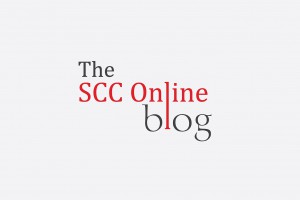Supreme Court: The bench of Dr. A.K. Sikri and R.F. Nariman, JJ., dealt with three writs based on similar facts and observed that the marketability of the good in an essential condition for levying of taxes. The question before the Court was whether excise duty is payable on an intermediate product, namely, Transmission Assembly which comes into existence during the manufacture of tractors. Considering the definition of the term “goods” under Art. 366(12) of the Constitution which says that “goods” includes all materials, commodities and articles, it was held that although the definition of “goods” is an inclusive one, it is clear that materials, commodities and articles spoken of in the definition take colour from one another. In order to be “goods” it is clear that they should be known to the market as materials, commodities and articles that are capable of being sold.
In the present case, the respondents denied that no commercial identifiable Transmission Assembly emerges in their production of Tractors, however Commissioner Reports highlight that Transmission Assembly are well known in commercial world. Relying upon the report, the Court recognized that there was commercial knowledge of Transmission Assembly as a distinct product and taxes can be levied upon the same.
However, the Court also recognized the point that the word ‘suppression’ used in the Central Excise Act, 1944 is accompanied by fraud and illusion. Mere omission to give correct information is not suppression of facts. There should be suppression of fact from the side of manufacturer or there should be any willful attempt to evade duty. The Court held that in the present case there was no attempt to evade evade as the assessee bonafide believed that the declaration of the chassis would suffice as according to them Transmission Assemblies were not taxable goods. Escorts Ltd. v. Commission of Central Exercise, 2015 SCC OnLine SC 403 , decided on 29.04.2015

